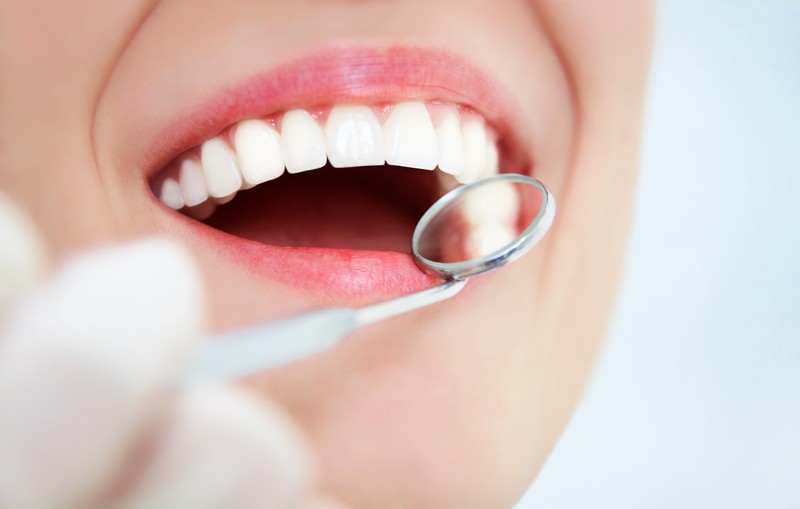
Dental crowns, sometimes called dental caps, serve many purposes in dentistry. They can enhance the look of a misshapen tooth, protect a tooth after a root canal, or strengthen a tooth with a large filling. Dental crowns can even replace a missing tooth.
In this blog, Kevin Miller, DDS, explains two different ways in which dental crowns can be part of your tooth replacement treatment plan here at Dentistry in Paradise in Santa Barbara, California.
Replacing your missing tooth with a crown
When it comes to replacing a missing tooth, you have a few options, including dental bridges and dental implants. Both of these rely on crowns, but they use them in different ways.
Dental bridges
A dental bridge is a restorative procedure that quite literally bridges the gap between your missing teeth. Bridges require:
- Two abutment teeth, on either side of the gap, which receive crowns
- A pontic, which is a prosthetic tooth or set of teeth that fills the gap
Once the abutment teeth — also called anchor teeth — are each covered with a crown, we connect them to the pontic. The two crowns are essential because they hold up the replacement tooth or teeth. There are many different types of bridges, but the core elements remain the same.
Dental bridges don’t require any surgery. They’re ideal for those who want a fixed replacement but can’t have or don’t want implant surgery.
Dental implants
Dental implants also rely on crowns to replace your missing tooth. Implants contain three components: a post that we surgically implant into your jaw, an abutment (connecting piece), and a crown. When your crown is placed on top of the abutment, it’s the finishing touch!
Every crown is custom-made
There’s no such thing as a one-size-fits-all crown. Crowns are customized restorations that are designed to blend in beautifully with the rest of your teeth. We consider the size, shape, and color of your crown, keeping your unique dental anatomy in mind.
Not only are crowns customized and aesthetically pleasing, but they’re also easy to maintain. Crowns are permanently secured in your mouth, and you can brush and floss as normal. With the right care, dental crowns can last 10-15 years or even longer.
Benefits of replacing your missing tooth
Whether you choose a bridge or an implant, there are many benefits to replacing your missing tooth. Dental crowns can:
- Restore functionality of your mouth so chewing is easier
- Restore clear speech, especially if your missing tooth is an anterior tooth
- Boost your self-confidence
- Maintain facial structure and integrity
An additional benefit with dental implants is that they reduce jawbone atrophy, which is a condition of bone deterioration linked with tooth loss.
Dental crowns restore the form and function of your mouth. To find out if a crown with a bridge or implant is right for you, call our office at 805-967-0272 or request an appointment via our online portal.
